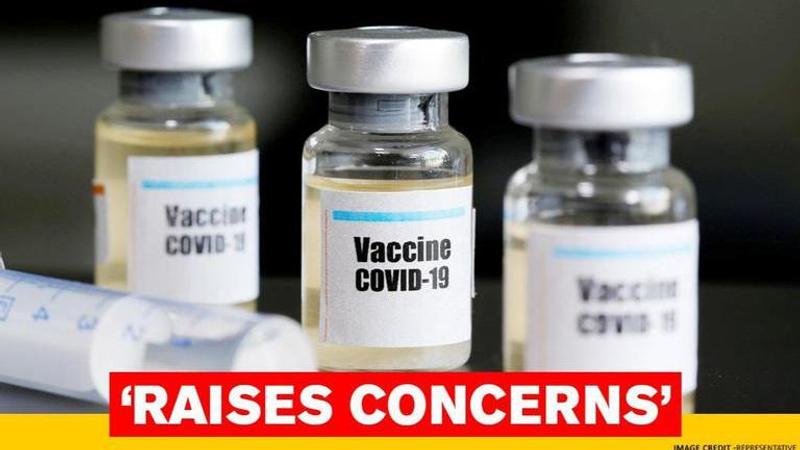Published 13:07 IST, September 11th 2020
Russian COVID-19 vaccine: Scientists flag 'highly improbable' results; country hits back
The study was published in The Lancet on September 4, where Russian researchers claimed that the country's first COVID-19 vaccine was effective and safe.

At least 24 scientists from across the world have flagged data inconsistencies in a study published in the journal The Lancet that claimed the Russian vaccine, Sputnik V had been successful in producing an immune response in volunteers who had taken the drug. The study was published in The Lancet on September 4, where Russian researchers claimed that the country's first COVID-19 vaccine was successful in producing antibodies with any side-effects.
Scientists flag Russian vaccine
However, the study has now come under light after a group of scientists in an open letter to researchers and The Lancet editor Richard Horton pointed out data duplications and have demanded access to the original data to fully investigate. The letter is written by Prof. Enrico Bucci of Temple University, USA, and has been signed by 23 other scientists from around the globe.
"During the current pandemic, the extreme public interest and expectations for an effective vaccine are understandable. However, the very same reasons should motivate the scientific community to pay even more attention to the scientific evidence and the underlying data, and it is thus of utmost importance that they are fully available for close scrutiny," Bucci wrote in his letter.
"While the research described in this study is potentially significant, the presentation of the data raises several concerns," the letter added.
Meanwhile, The Lancet has said that it is aware of the letter regarding the Russian vaccine study adding that it has forwarded it to the authors and has asked them to engage in scientific discussions. The lead author of the Russian vaccine study has reportedly dismissed the claims made in the letter saying that they have submitted all original data as well as full clinical protocol to the journal. One of the scientists, who peer-reviewed The Lancet study said that he does not agree with the concerns raised in the letter as he studied the data himself and found it to be legitimate.
Russia on August 11 announced the "world's first" COVID-19 vaccine, which is aptly named after the first artificial satellite sent into the orbit by the former Soviet Union. The vaccine immediately garnered criticism from the international scientific community because of the lack of data on advanced human trials. Russia then announced that it would conduct the trials on over 40,000 people to prove the safety and efficacy of the vaccine.
Updated 13:07 IST, September 11th 2020




